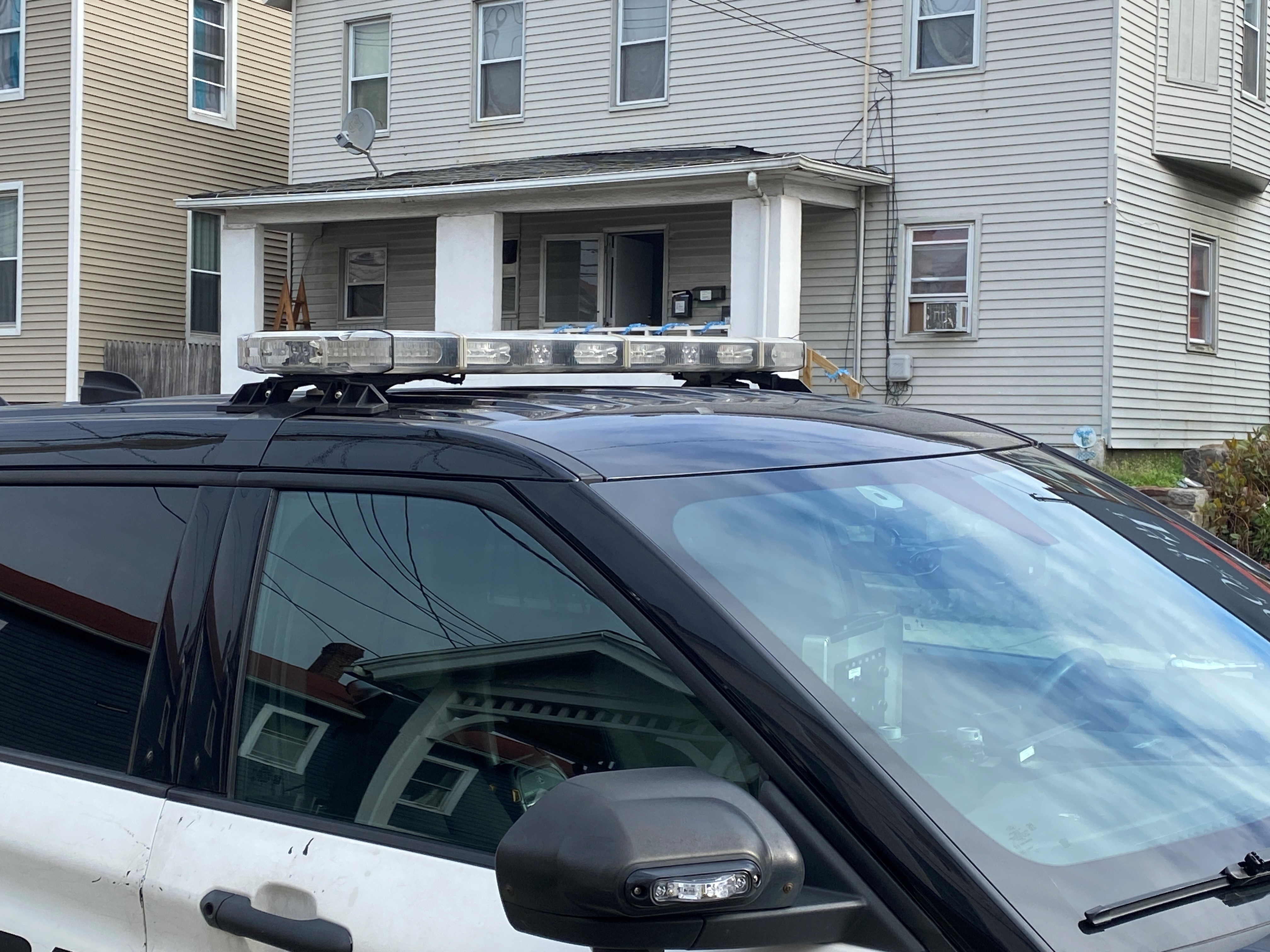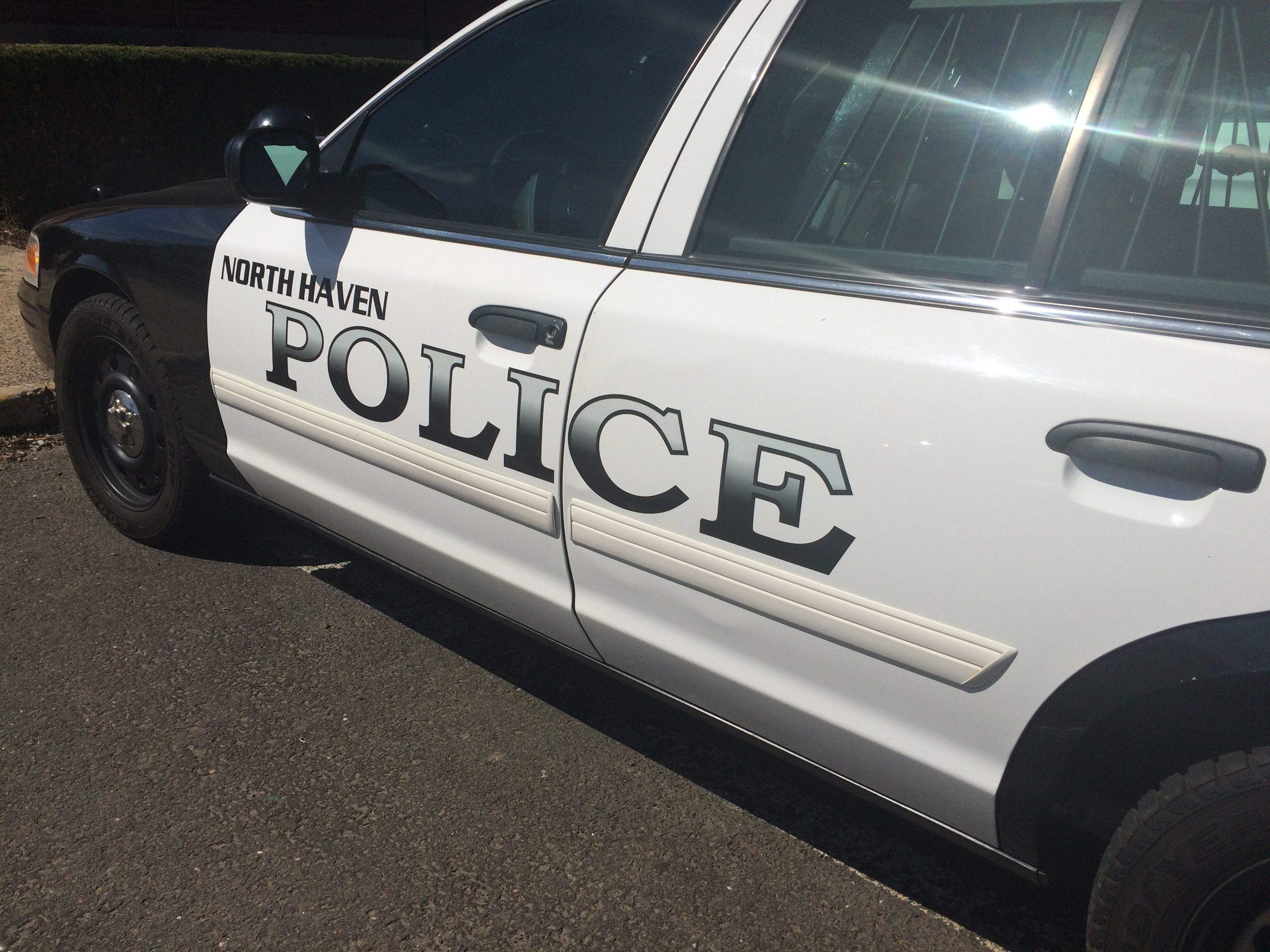A Connecticut veteran is taking to the trail to overcome post-traumatic stress disorder. Rick Marshall is using hiking to transition from military to civilian life.
He has done several major trips, and he wants other veterans to know just how much it has helped him cope with PTSD.
“You're going over 13,000, 12,000-foot mountain passes,” Rick Marshall, retired U.S. Army major, said.
He’s seen life from the summit, several times.
Get Connecticut local news, weather forecasts and entertainment stories to your inbox. Sign up for NBC Connecticut newsletters.
“It really kind of makes you feel pretty small,” Marshall said. “I went through five pairs of shoes!”
Marshall is a retired Connecticut National Guardsman and U.S. Army major. Today, most of his ventures are on hiking trails.
“Got a lot of great sunrises,” he said.
Local
Last year, he did the hike of all hikes: the Pacific Crest Trail.
“It's 2,652 miles from Campo, California to the Washington-Canadian border,” Marshall said. “It's about five months to do that.”
When Marshall went into retirement, he did the trail in pieces in 2017, 2018 and 2019, before finally conquering it alongside his best friend and fellow veteran, William Kenyon.
“There's a lot of time to think out there,” Marshall said.
One thing on is his mind: the trauma he has carried from his military career into civilian life.
Marshall, who is from Vernon, enlisted in the Army in 1989.
“I joined out of high school,” he said.
While his Army career sent him on deployment, he says many memories that stick with him are from his time serving in the Connecticut National Guard.
It started with 9/11.
“Everything turned to kind of to wartime after that,” he said.
Marshall was sent to Iraq in 2004. Within just two days of arriving, two members of his platoon were killed in attacks. A third soldier died a few months later.
“You shut down a lot of the emotions that you would maybe use in real life. You know, you'd say you can't, you got to put it aside,” Marshall said. “You're going to deal with it later. Because you have to push through what's happening right now.”
When he was back in Connecticut, Marshall sought counseling, both individually and through group therapy with his platoon.
However now in retirement, he finds a different kind of inner peace.
“I call it walking meditation,” Marshall said.
Hiking to cope is something he recommends to other veterans suffering from PTSD.
“I feel like exercise, being in the outdoors, are really key things to veteran health, especially mental health,” Marshall said.
Marshall recently moved to Oregon, and now he is thinking about pushing his mental and physical journey further.
“I could be doing this on a bike!” he said. “So I'm thinking this summer I might be trying to ride from Oregon to Massachusetts on a bike.”
If he takes on the quest, his route would take him through his home state of Connecticut.
For now, Marshall reflects on a life of service, finding solace one step at a time.
“I don't think there's anything better than walking through the woods,” he said. “To kind of just bring you bring you back to center a little bit.”



